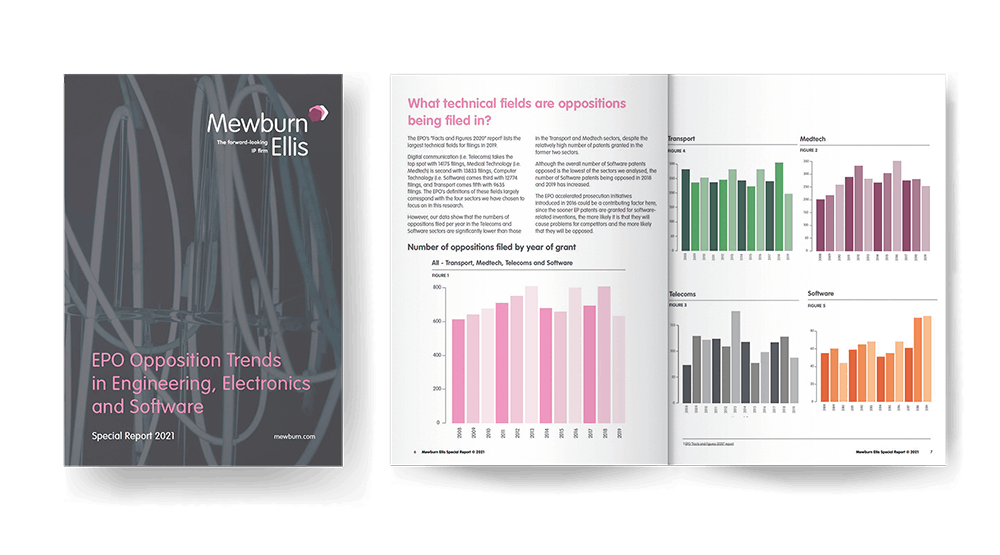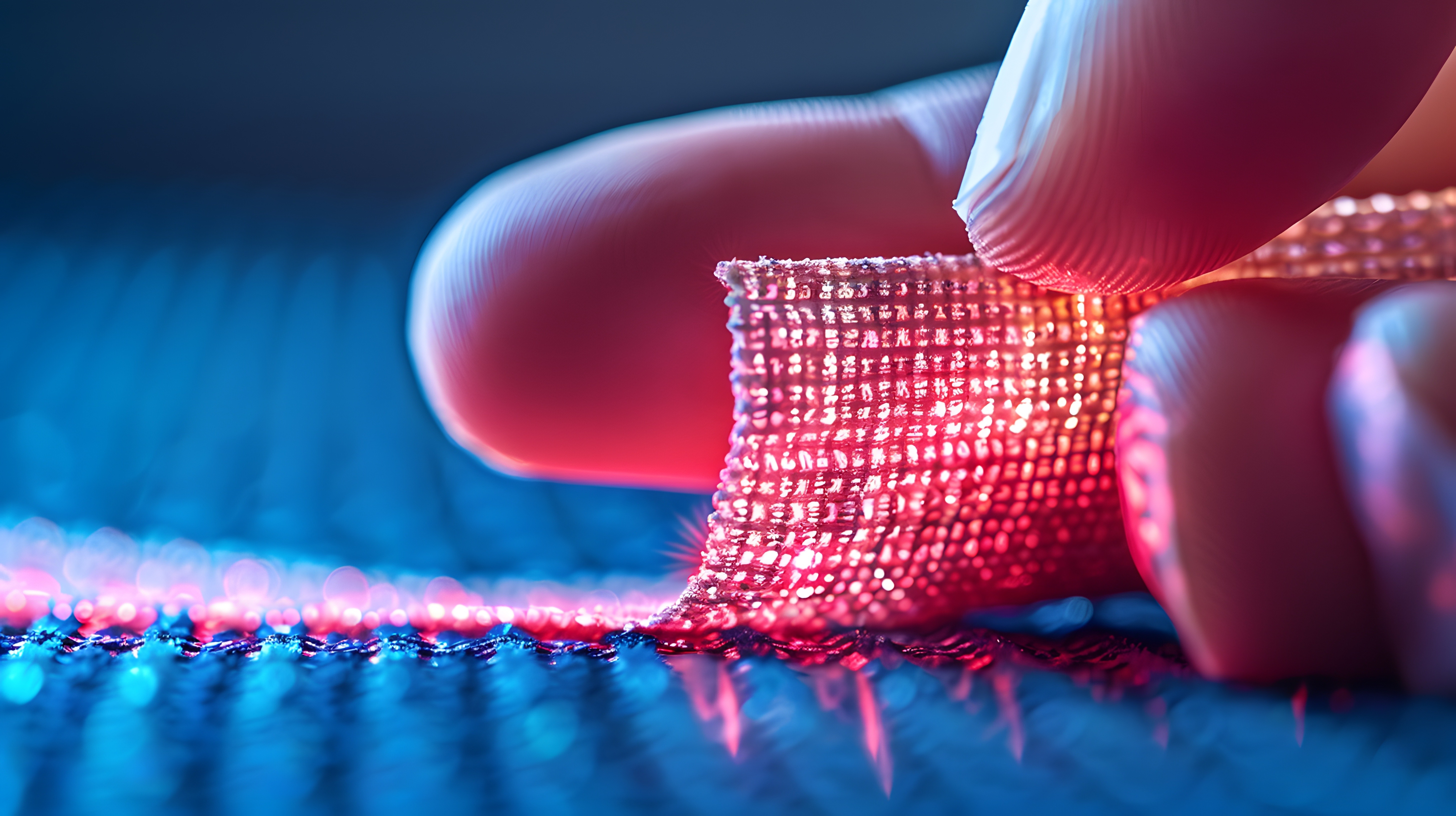Artificial intelligence (AI) can be used to help medical professionals to perform diagnoses, by applying innovative algorithms to real-world data obtained from patients. Along with fields such as bioinformatics and digital health, this is an area of technology which is rapidly growing as a result of the development of the underlying core AI and machine learning techniques.
Computer-aided diagnosis can be used alongside (or instead of) more traditional medical techniques in order to help doctors to diagnose a range of conditions without the need for any form of invasive surgery, ultimately greatly improving the efficiency of the diagnostic process. Diagnosis is not the only scenario in which AI and machine learning techniques can be used to provide better results, more quickly: the same techniques can also be applied in order to predict an overall prognosis for a patient, as well as to predict their response to a particular course of treatment. As the amount of available data increases, and more sophisticated algorithms and machine learning models are developed, these tools will become more effective.
Methods of diagnosis performed on the human or animal body, and computer programs are two types of invention which are per se generally excluded from patent protection in the UK and Europe. However, our attorneys at Mewburn Ellis have a deep understanding of the law, and the considerations which apply when patenting inventions in these fields, ensuring that an invention is not dismissed as being a computer program or a method of diagnosis. This detailed knowledge of the law, along with a multi-disciplinary team including attorneys from both our software/computing and life sciences teams means that we are able to maximize our clients’ chances of obtaining patent protection in these fields.




















